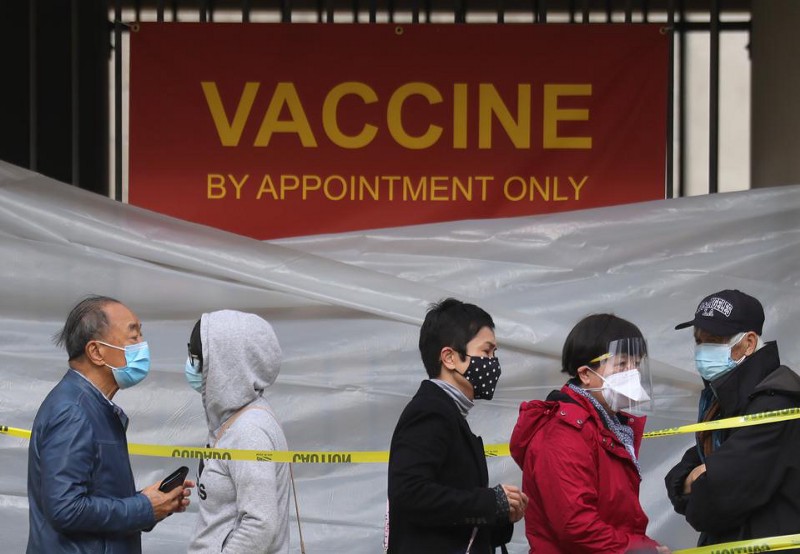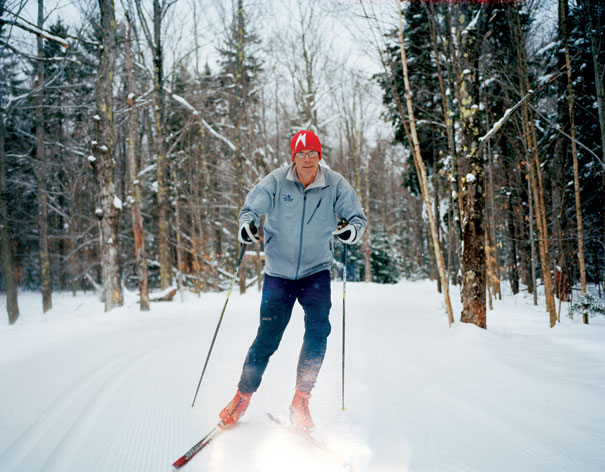BEYOND THE BUZZ: Understanding Science Blogs and Their Impact; Panel Discussion Sponsored by DC Science Writers
Share BEYOND THE BUZZ: Understanding Science Blogs and Their Impact; Panel Discussion Sponsored by DC Science Writers on Facebook
Share BEYOND THE BUZZ: Understanding Science Blogs and Their Impact; Panel Discussion Sponsored by DC Science Writers on Twitter (X)
Share BEYOND THE BUZZ: Understanding Science Blogs and Their Impact; Panel Discussion Sponsored by DC Science Writers on LinkedIn
Sign up for Big Think on Substack
The most surprising and impactful new stories delivered to your inbox every week, for free.

For readers in the Beltway, I will be presenting at this upcoming panel on blogging sponsored by the DC Science Writers Association. It’s free if you don’t plan to partake in the food and beverages before hand. Here’s the scoop on what I will be discussing, followed by details on the full event:
Science Blogs: The Intersection with Science, the Media, and the Public
Matthew C. Nisbet, Ph.D.
Assistant Professor
School of Communication
American University
How does blog reading connect to traditional and online news use? Do political and science blogs reach new and diverse audiences, or only engage the already informed and active? What is the connection between online life and offline engagement? What impact do blogs have on news agendas and the framing of political debates?
When: Wednesday, Sept. 27, 2006, 6 p.m. to 8 p.m.
Where: Genetics and Public Policy Center, Johns Hopkins University,
1717 Massachusetts Avenue, Room 500
RSVP: By Sept. 25, 12 noon (see below)
What: LiveJournal. MySpace. Blogger. Xanga. FrontPage. Typepad. If these sound like lab tools or new species, you’re half-right. These blogging sites are just a few of the online venues for roughly 12 million bloggers in the U.S., according to the Pew Internet & American Life Project. In science communications, who’s bloggingand why? What makes an effective blog? What are the challenges? And should you consider a blog of your own? To find out, join DCSWA on September 27 at the Johns Hopkins campus in downtown DC, for an intriguing panel discussion.
Our panelists and their topics:
n * Science Blogs: Intersections with the Public, the Media, and Politics
Matthew Nisbet, assistant professor, School of Communications, American University and author of the “Framing Science” blog, also columnist, “Science and the Media,” for Skeptical Inquirer Online.
* Why Blog? Benefits for Science Writers
Denise Graveline, president, Don’t Get Caught, a Washington, D.C.-based communications consultancy and author of two blogs, her company blog, Don’t Get Caught, and Vegetables for Breakfast, recently named by the Pajama Market blog as “best business blog of the day.”
* Launching Science Blogs: Successes and Challenges
A representative from The Science Advisory Board, an online community of over 30,000 life scientists based in Arlington, Va., will describe the varying degrees of success achieved by the organization’s six different member-authored blogs that describe everything from daily life in the lab to the frontlines of cancer research.
Closest Metro: Dupont Circle, South Entrance. Starting at the circle, follow Massachusetts Ave about a block and a half to 1717 Mass Ave.
Cost: $15 for members, $20 for non-members for light hors d’ouevres and beverages, free for the program only, which starts at 6:30 p.m.
RSVP: By 12 noon Sept. 25, through this Evite link: http://www.evite.com/app/publicUrl/evite@dcswa.org/blogging.
Sign up for Big Think on Substack
The most surprising and impactful new stories delivered to your inbox every week, for free.



